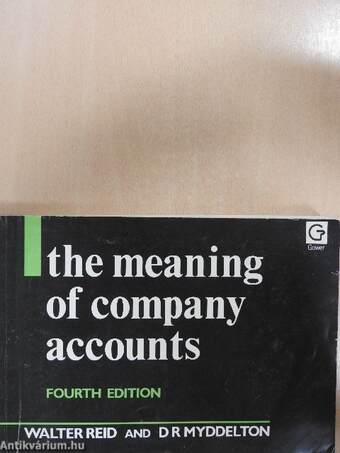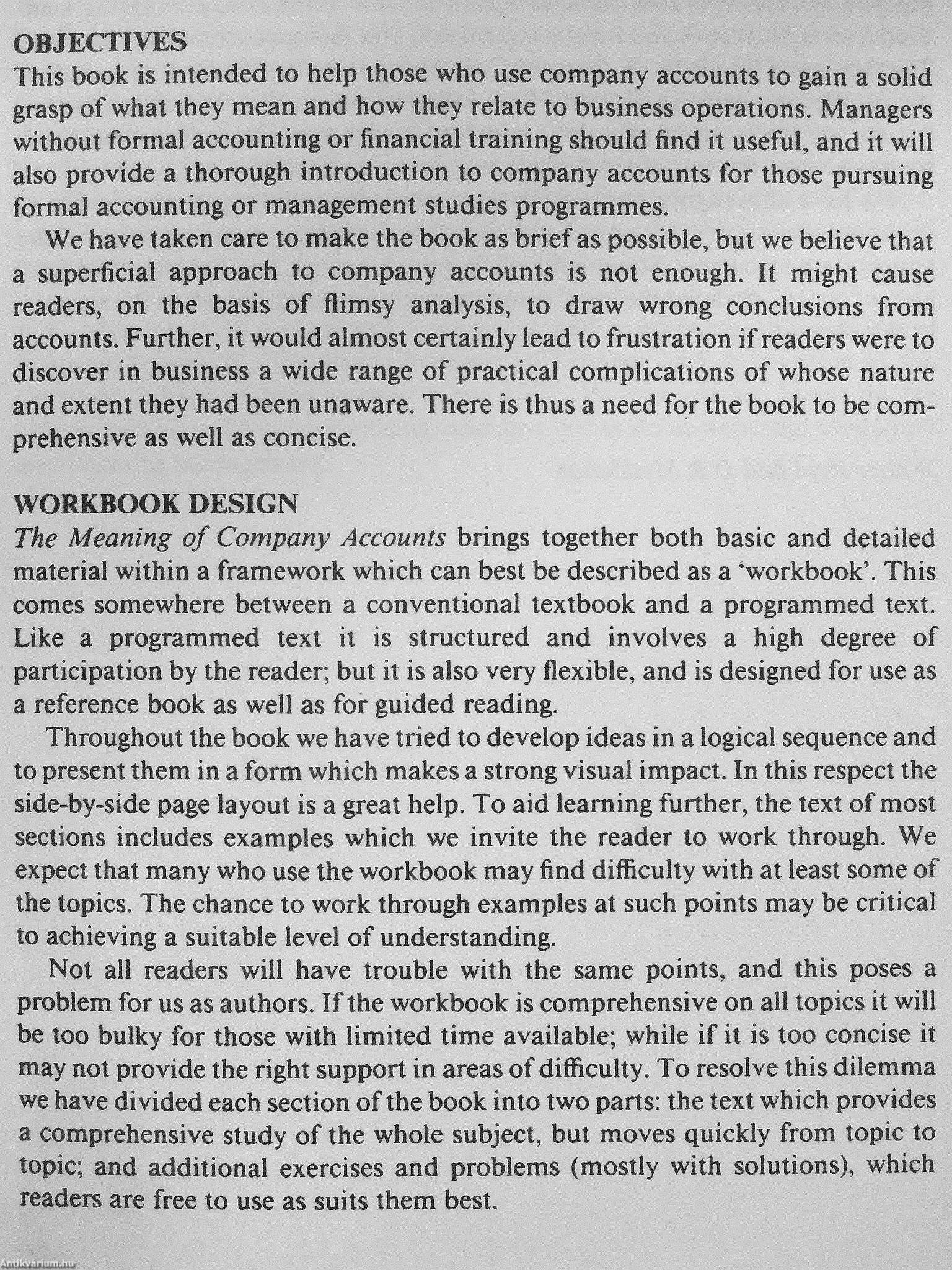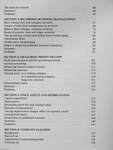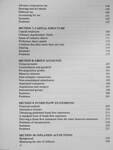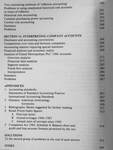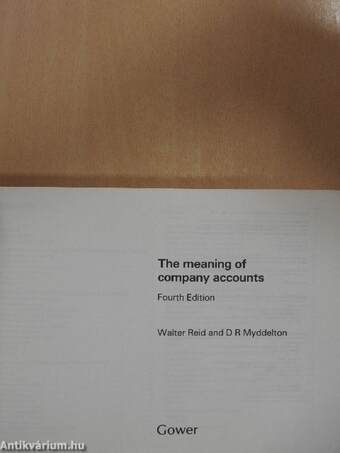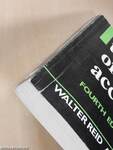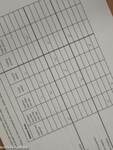1.068.104
kiadvánnyal nyújtjuk Magyarország legnagyobb antikvár könyv-kínálatát

VISSZA
A TETEJÉRE
JAVASLATOKÉszre-
vételek
The meaning of company accounts
| Kiadó: | Gower Publishing Company |
|---|---|
| Kiadás helye: | Aldershot |
| Kiadás éve: | |
| Kötés típusa: | Ragasztott papírkötés |
| Oldalszám: | 351 oldal |
| Sorozatcím: | |
| Kötetszám: | |
| Nyelv: | Angol |
| Méret: | 21 cm x 29 cm |
| ISBN: | 0-566-02739-9 |
naponta értesítjük a beérkező friss
kiadványokról
naponta értesítjük a beérkező friss
kiadványokról
Előszó
TovábbFülszöveg
V . ? \
f • .
i W>'
The Meaning of Company Accounts first appeared in 1971 and quickly established
itself as a standard text. Its 'workbook' approach stems from the need for a treatment
of financial accounting practice which readers of differing levels of knowledge
can tailor individually to their learning requirements. The weakness of the
traditional textbook is its inability to cope with the variety of readers' demands.
The authors, both eminent professors of finance and accounting, meet these
demands by adopting programmed learning techniques within a firmly-structured
text. At controlled points the reader is invited to work through examples and write
into the workbook his or her solutions to problems .'These active responses both
reinforce what has been learned and extend the reader's experience and skill in
using, preparing-and interpreting company accounts.
For this, the fourth edition, th^authors+iave revised their text considerably to reflect
recent... Tovább
Fülszöveg
V . ? \
f • .
i W>'
The Meaning of Company Accounts first appeared in 1971 and quickly established
itself as a standard text. Its 'workbook' approach stems from the need for a treatment
of financial accounting practice which readers of differing levels of knowledge
can tailor individually to their learning requirements. The weakness of the
traditional textbook is its inability to cope with the variety of readers' demands.
The authors, both eminent professors of finance and accounting, meet these
demands by adopting programmed learning techniques within a firmly-structured
text. At controlled points the reader is invited to work through examples and write
into the workbook his or her solutions to problems .'These active responses both
reinforce what has been learned and extend the reader's experience and skill in
using, preparing-and interpreting company accounts.
For this, the fourth edition, th^authors+iave revised their text considerably to reflect
recent developments, including the appearance office new accounting standards
and the requirements of the Companies Act 1985. Students undertaking formal
business, accounting or management course will find the workbook a most valuable
learning method. The Financial Times said of the first edition that it 'fills the gap
management teachers have consistently found in teaching accounting . . . should
leave the diligent student in a position to both understand and to work out accounting
problems for himself. f
THE AUTHORS ^ ^
\ Í v . -^V I \ « " • "•—' . "
Walter Reid was Professor of Accounting and Financial Control at the London
Business School from 1973 to 1988 and is now-a Visiting Professor at the School.
He is a Chartered Accountant. He was formerly Group Financial Controller at
Edwards High Vacuum International Limited and was a member ofthe Sandilands
Committee on Inflation Accounting. He is now extensively involved in education
I and training Within companies as a founder Director of Management Development
F Associates Limited and is also a consultant to a number of large companies.
D. R. Myddelton is a chartered accountant and a graduate ofthe Harvard Business
School. He has been Professor of Finance and Accounting at the Cranfield School
of Management since J972. He has Written books on tax reform and on inflation
accounting, and textbooks on accounting, economics and financial management. Vissza



